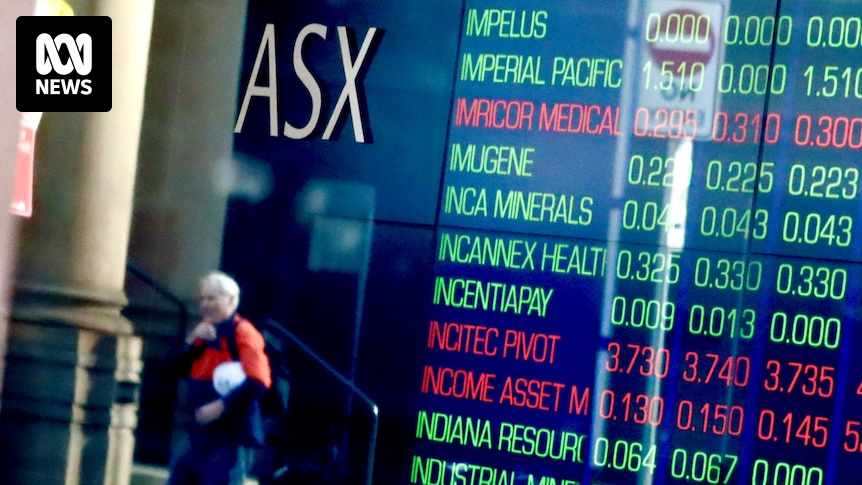For much of the last century, September has been the worst month for global share market investors.
European markets also had a terrible night with Britain’s FTSE down 0.9%, Germany’s DAX dropping 2.3% and the pan European STOXX 600 falling 1.5%.
This was mainly due to the surging cost of governments borrowing money across the world (also known as the bond market).
Global stocks fell and long-dated bond yields in Europe hit multi-year highs as investors grew increasingly worried about the state of finances in countries around the world.
A divided US appeals court ruled on Friday that most of President Donald Trump’s tariffs are illegal, although the court allowed for the tariffs to stay in place until October 14, pending a likely appeal to the Supreme Court.
“Global bond markets are starting the month with a nervous glance towards upcoming government budget discussions in the US and in Europe,” Paul Christopher, head of global investment strategy at the Wells Fargo Investment Institute, wrote in a client note.
“The cumulative increase in yields has caught the attention of equity investors.”
As markets suffered a sharp September shock, the Japanese yen also tumbled after a close aide to Prime Minister Shigeru Ishiba said he would resign from his post.
France’s 30-year government bond yields hit their highest levels in more than 16 years on Tuesday at around 4.5%.
Yields on 30-year German bonds hit a fresh 14-year high at about 3.4%.
In the UK, 30-year gilt yields notched their highest mark since 1998, as investors looked warily ahead to the government’s autumn budget plans.
Bond yields move inversely to prices, and yields especially on super-long-dated 30-year bonds have been soaring around the world, with investors concerned about the scale of debt in countries from Japan to the United States.
The US 30-year yield was also up 5.1 basis points at 4.96% , while benchmark 10-year Treasury yields rose 4.5 basis points to 4.27%.
Britain and France are in particular focus.
French Prime Minister Francois Bayrou looks set to lose a confidence vote as opposition parties balk at his cuts to government spending, while British finance minister Rachel Reeves is expected to raise taxes in her autumn budget to remain in line with her fiscal targets.

